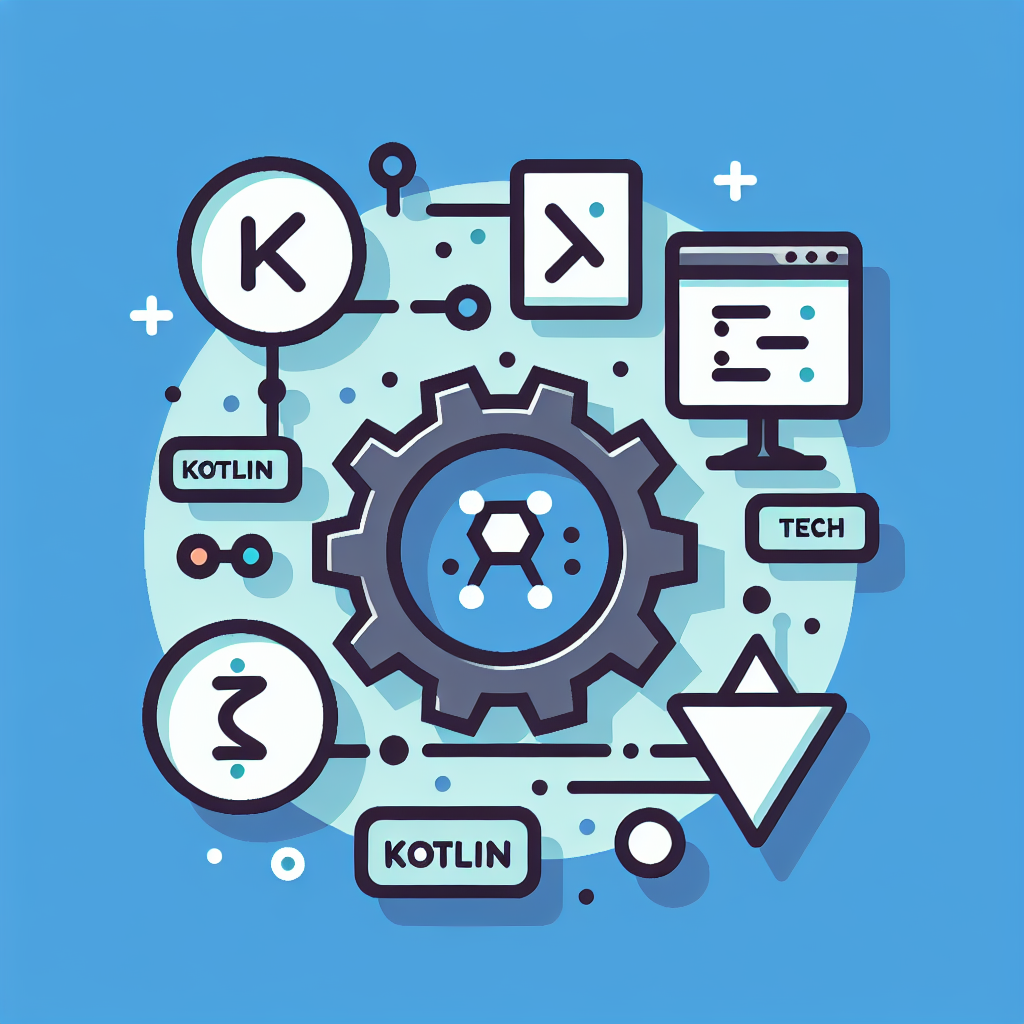Convert Kotlin to Haskell: Streamlined Code Transformation
Effortlessly convert Kotlin to Haskell with our innovative tool. Streamline your development process with seamless syntax translation. Try it now!
Source Code
Converted Code
Output will appear here...
Transform your Kotlin code into Haskell effortlessly with our Kotlin to Haskell converter tool. Ideal for developers looking to leverage Haskells robust functional programming capabilities, this tool simplifies code migration while ensuring accuracy and efficiency. Enhance your projects by seamlessly transitioning between these powerful languages, optimizing for performance and scalability. Keywords: Kotlin to Haskell converter, functional programming, code migration, developer tool, programming languages.

Kotlin to Haskell Conversion Tool Link to this section #
Effortlessly transform your Kotlin code into Haskell using our advanced conversion tool, designed for developers seeking streamlined language interoperability and code migration.
Key Features Link to this section #
- Automatic Syntax Translation: Converts Kotlin expressions, functions, and data structures into Haskell equivalents.
- Type System Mapping: Efficiently aligns Kotlin's type system with Haskell's strong, static typing.
- High Precision: Ensures accurate translation of Kotlin's object-oriented constructs to Haskell's functional paradigm.
Conversion Benefits Link to this section #
- Enhanced Code Reusability: Translate Kotlin logic into Haskell for use in functional programming projects.
- Cross-Language Collaboration: Facilitates integration of Kotlin projects with Haskell-based systems.
- Efficient Learning Tool: Ideal for developers familiar with Kotlin to learn Haskell through code comparison.
Usage Link to this section #
- Upload Your Kotlin Code: Input your Kotlin file directly into the tool.
- Select Conversion Preferences: Choose specific translation settings for custom requirements.
- Generate Haskell Code: Review and download the converted Haskell file.
Example Conversion Link to this section #
Kotlin Code:
fun sum(a: Int, b: Int): Int {
return a + b
}
Haskell Equivalent:
sum :: Int -> Int -> Int
sum a b = a + b
Additional Resources Link to this section #
LSI Keywords Link to this section #
- Kotlin to Haskell syntax
- Kotlin and Haskell interoperability
- Functional programming conversion
- Haskell type system
This tool provides a seamless experience for developers transitioning between Kotlin and Haskell, promoting a deeper understanding of functional programming while preserving code integrity.
Frequently Asked Questions
What are the main differences between Kotlin and Haskell?
Kotlin is a statically typed language designed for modern multiplatform applications, primarily targeting JVM, Android, and JavaScript, while Haskell is a purely functional programming language with a strong emphasis on immutability and lazy evaluation. Kotlin offers object-oriented and functional programming features, whereas Haskell is known for its type inference and monadic structures.
Can Kotlin's features be directly translated into Haskell?
While some Kotlin features such as higher-order functions and lambda expressions can be translated into Haskell due to their functional nature, other features like object-oriented programming constructs and mutable state may require significant rethinking using Haskell's idiomatic approaches like pure functions and immutable data structures.
How can a programmer transition from Kotlin to Haskell?
Transitioning from Kotlin to Haskell involves understanding the core principles of functional programming, such as immutability, pure functions, and lazy evaluation. Programmers should familiarize themselves with Haskell's type system, monads, and functional patterns, and explore resources like online tutorials, Haskell community forums, and functional programming books to ease this transition.